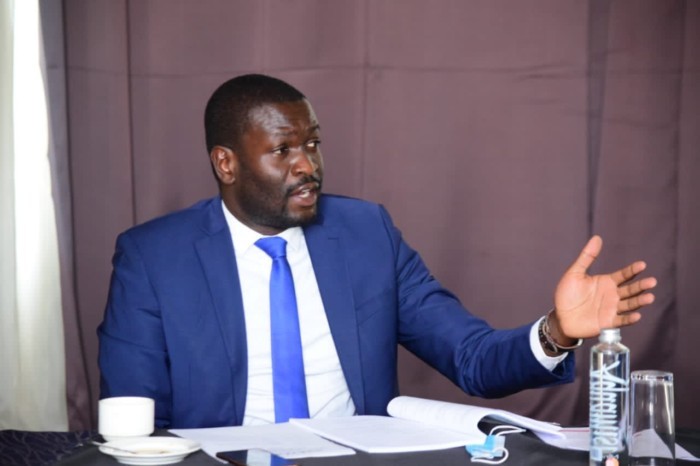The WHO pilot program will assess whether the vaccine’s protective effect in children aged 5-17 months during Phase 3 testing can be replicated in real-life settings.
Gavi, The Vaccine Alliance, the Global Fund to Fight AIDS, Tuberculosis and Malaria and UNITAID are partnering $49.2 million for the first phase of the pilot program (2017-2020), which will be complemented by in-kind contributions from WHO and GSK.
Malaria situation in Kenya
According to the Kenya Malaria Indicator Survey 2015, nationally the prevalence of malaria among children was at 8 per cent a decline from 11 per cent in 2010.
The malaria burden in Kenya is not homogeneous with the areas around Lake Victoria being vulnerable.
The Coast region presents the highest risk, and children under age 5 and pregnant women being the most vulnerable to infection.
In Kenya, despite recent investments in malaria prevention and control, the disease remains a major public health threat, causing an estimated 6.5 million infections and 12,000 deaths.
In 2015, the country was estimated to have 3 percent of all malaria cases in the world.
During a high level panel meeting where experts from the Kenya Ministry of Health and WHO converged, Cabinet Secretary for Health Dr. Cleopa Mailu said, “Kenya adopted universal coverage in preventive measures as a key strategy to fight malaria.”












